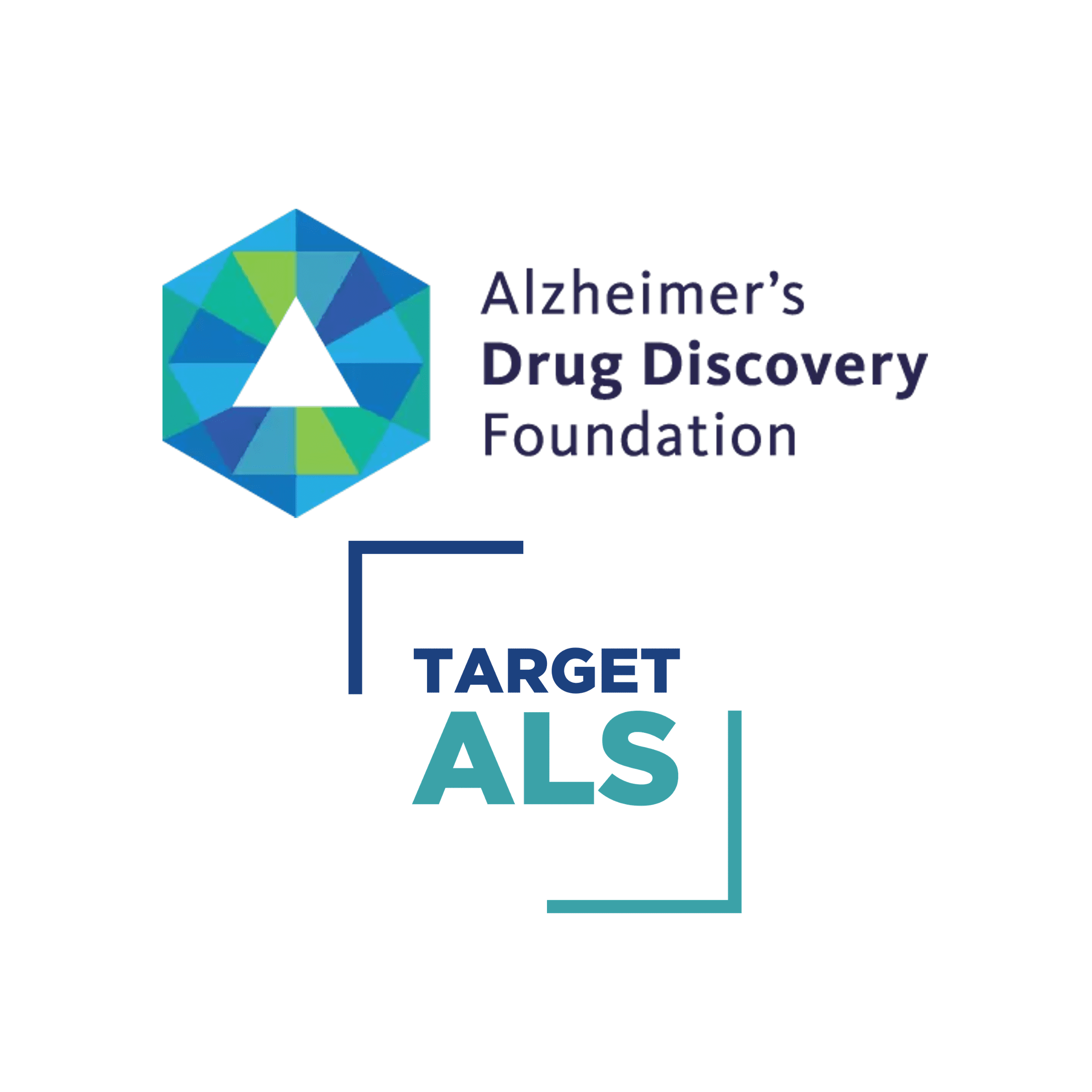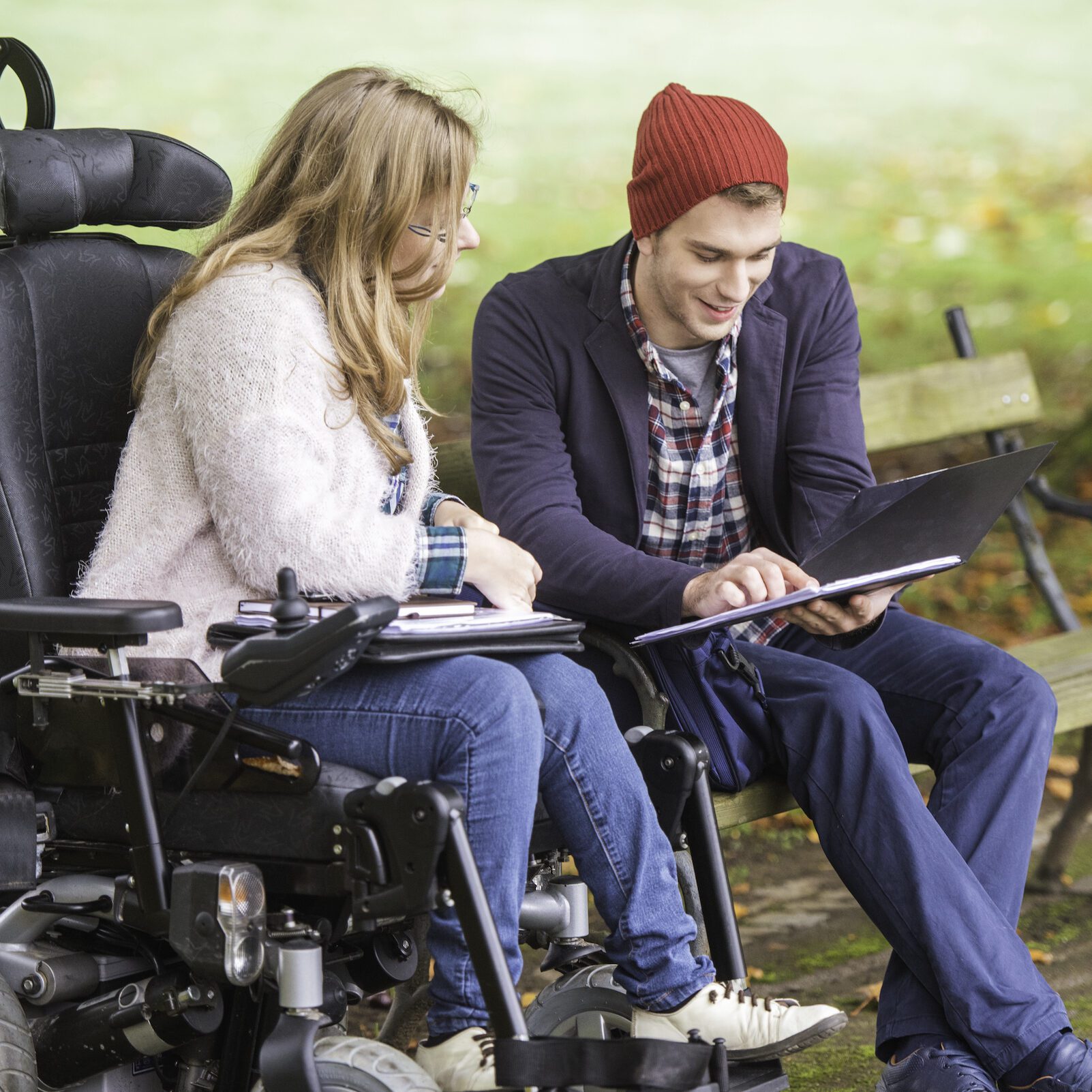Siddu Tummala was living what many might call an ideal version of midlife: deeply engaged in his tech career, playing five hours of pickleball a day, and feeling like one of the healthiest people around. Then one day in the summer of 2023, his arm started to hurt. The pain lingered. A few months later, he couldn’t tie his shoelaces.
What began as a suspected pinched nerve turned into a months-long journey through misdiagnosis, second opinions, and uncertainty—culminating in a diagnosis that would alter the course of his life: ALS.
For someone who had always seen life through the lens of logic and self-discipline, the randomness of ALS was jarring. A disease without a known cause, with few treatment options, and no cure. “We live in a society that often blames individuals for their health problems,” he said. “But ALS isn’t caused by a bad diet or lack of exercise. I was probably healthier than most people my age. Then—boom.”
From Diagnosis to Decision-Making
Siddu’s official diagnosis came in May 2024, nearly a year after his symptoms began. By then, his right hand had lost nearly all fine motor control, and walking had become a careful calculation.
He visited clinics across the country—Dallas, Johns Hopkins, Massachusetts General Hospital—looking not just for answers, but for a philosophy of care that matched his mindset: realistic, open, and human.
“I ended up taking Riluzole, Radicava, and B12,” he shared. “But the most helpful insights often came from other people with ALS, not doctors. One individual with ALS told me about B12—and no doctor had even mentioned it.”
That lack of consistency in care deeply frustrated him. So did the lag between research and access. “Every week, I see headlines about some ‘breakthrough,’” he said. “But when you dig in, it’s a mouse study. Ten to fifteen years away—if it ever pans out. That’s the burden of hope.”
Living Solo, Planning Proactively
As his body changes, Siddu is learning to adapt one step at a time. From buttoning shirts with assistive tools to ordering a wheelchair before it becomes urgent, he’s trying to stay ahead of ALS’s unpredictable progression.
“With this disease, I know I can’t afford to wait until the last minute,” he said. “But I still have that procrastinator inside me, so it’s a constant balancing act.”
A Call for Change in Research
Emotionally, Siddu is resilient—on most days. He’s honest about the mental toll but approaches it with clarity and candor. For Siddu, ALS research is both a source of hope and a space in need of transformation.
“Patients are constantly being asked to contribute data, samples, time,” he said. “But the process is overwhelming. If data is so valuable, why aren’t we compensating or better supporting the people who give it?”
He’s particularly passionate about the need for open collaboration in research—something he sees Target ALS advocating for in a way that resonates. “Too much research still happens in silos. Target ALS’s push for data sharing and open resources is exactly the kind of disruption we need.”
The Human Spirit is Resilient
Despite the challenges, Siddu remains committed to showing up—for himself, for others, and for the broader ALS community.
“ALS hasn’t taken away who I am, my values, relationships, or my desire to contribute,” he wrote. “The part of me that wants to build, learn, and connect is still here—maybe even more present than before.”
Siddu’s story is not just one of diagnosis and adaptation. It’s a story of redefinition. Of facing uncertainty without losing yourself. Of acknowledging fear, but not being consumed by it.
“ALS is brutal,” he said, “but the human spirit is resilient. I believe we’re better than the systems we’ve built. We just need to care enough to change them.”
Still Here. Still Learning. Still Showing Up.
In sharing his story, Siddu reminds us what it means to live with grace amid grief, with honesty amid hardship. He doesn’t pretend to have all the answers—but he’s not afraid to ask the hard questions.
And most of all, he reminds us that even when we don’t get to choose our opponent, we can still choose how we play the game.
One day at a time. With whatever we’ve got.



